- Friday, May 09, 2025
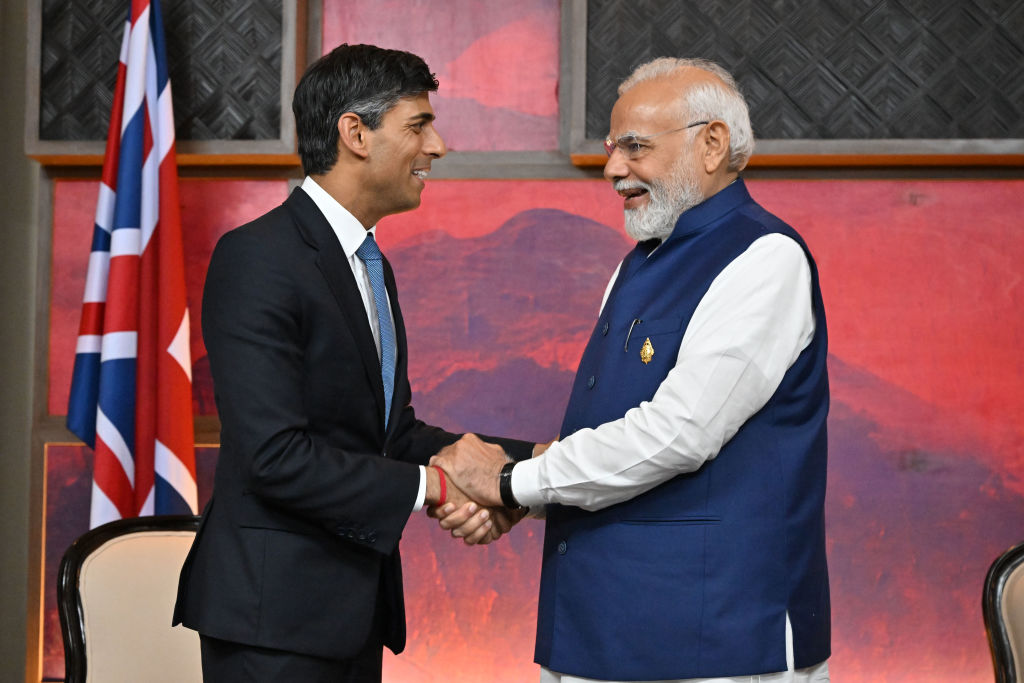
By: Shubham Ghosh
As a fast-growing economy, India today has drawn the attention of both the eastern and western worlds. The convergence of New Delhi’s strategic interests with some key nations has become a key pillar of its foreign policy today. Frontline western democracies such as the US and UK have taken a special care for their ties with India for diverse reasons – political, strategic and economic.
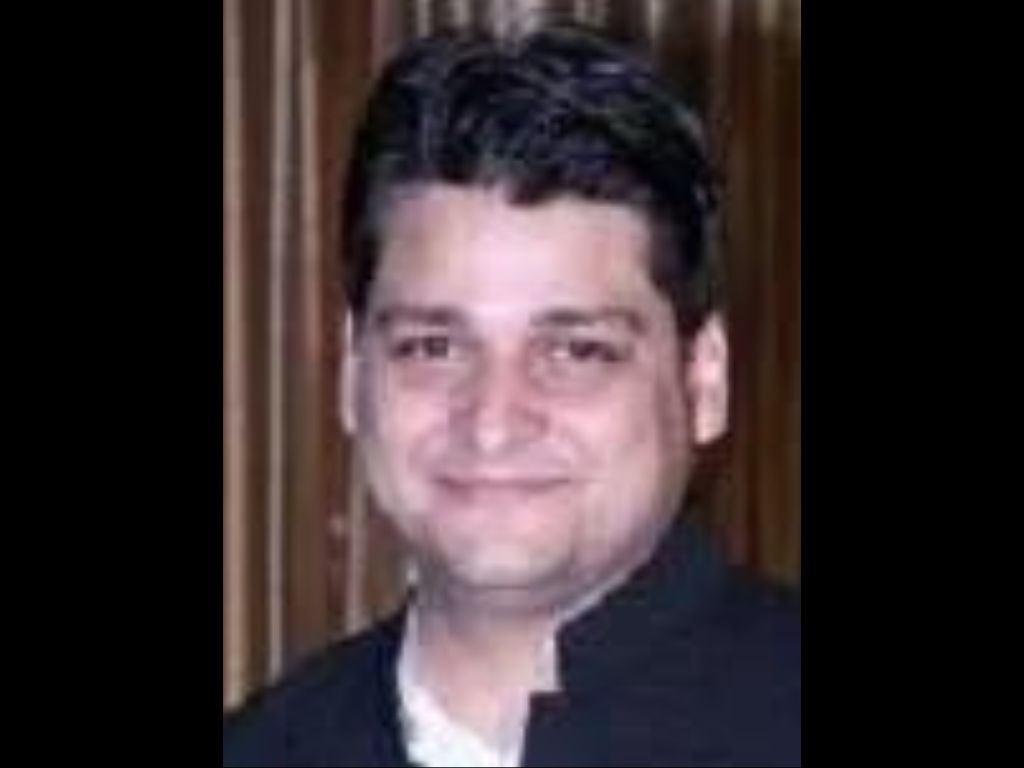
India’s relations with the UK is a much discussed subject at the moment with both sides trying to accomplish a free trade agreement (FTA) between them fast. However, despite the broad convergence, relations between the two major democracies and economies on either side of the Suez Canal have also witnessed irritants of late – be it in form of the BBC’s controversial documentary on Indian prime minister Narendra Modi and the Indian government’s income-tax searches at some of the broadcaster’s India offices or the recent attack on the Indian high commission in London by pro-Khalistan protesters or a claim made by home secretary Suella Braverman last October that Indian migrants overstay in the UK.
Do these developments challenge the larger cooperation between India and the post-Brexit UK?
India Weekly spoke to Harsh V Pant, a professor of International Relations with Kings’ India Institute, London, and director, Studies and Head of the Strategic Studies Programme at Observer Research Foundation, New Delhi, about the state of affairs in the India-UK relations and whether they face any serious threat.
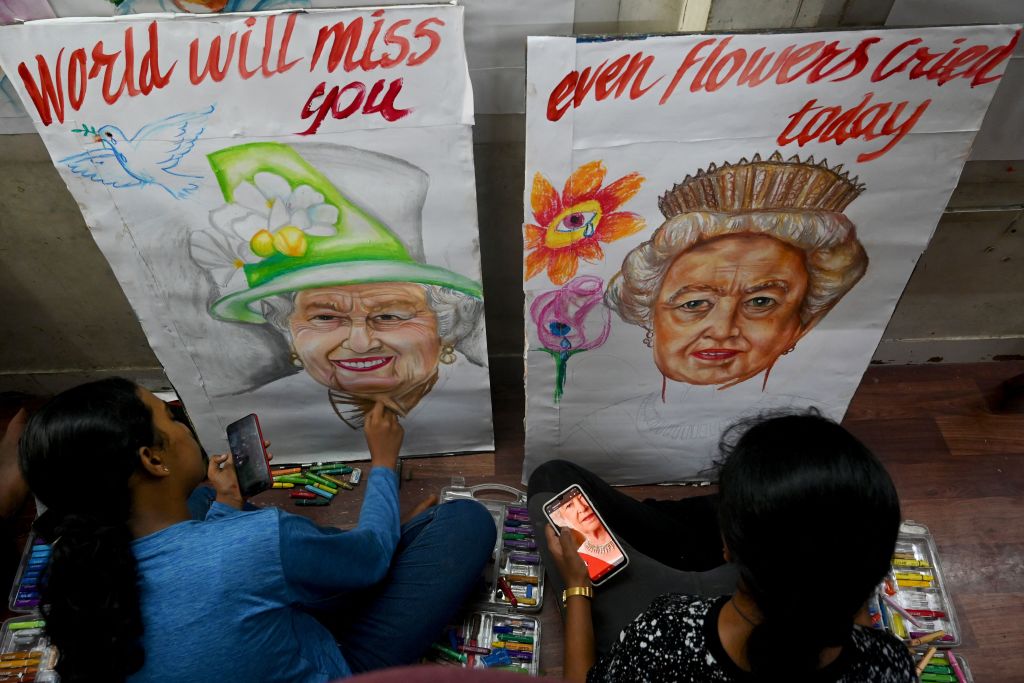
When asked about the two aspects of the India-UK relations – government-to-government and people-to-people contacts and whether the latter, thanks to a strong Indian diaspora in the UK, help in absorbing shocks created between the two sides politically, Pant said while they do help in preventing the overall bilateral relations from deteriorating, political issues also limit their potential of people-to-people contact to some extent.
“People-to-people relations between the two nations are long standing since they engage at many levels. Politically, India and the UK have close relations now, thanks to their strategic convergence, even if they have certain differences. But while people-to-people contact prevents bilateral ties from worsening, political issues also limit the possibility of people-to-people contact to a certain degree,” he told India Weekly.
However, Pant, who has penned the book New Directions in India’s Foreign Policy: Theory and Praxis, does not feel that irritants such as the BBC controversy or Braverman’s remarks can derail the overall political comfort which is developing between the two countries.
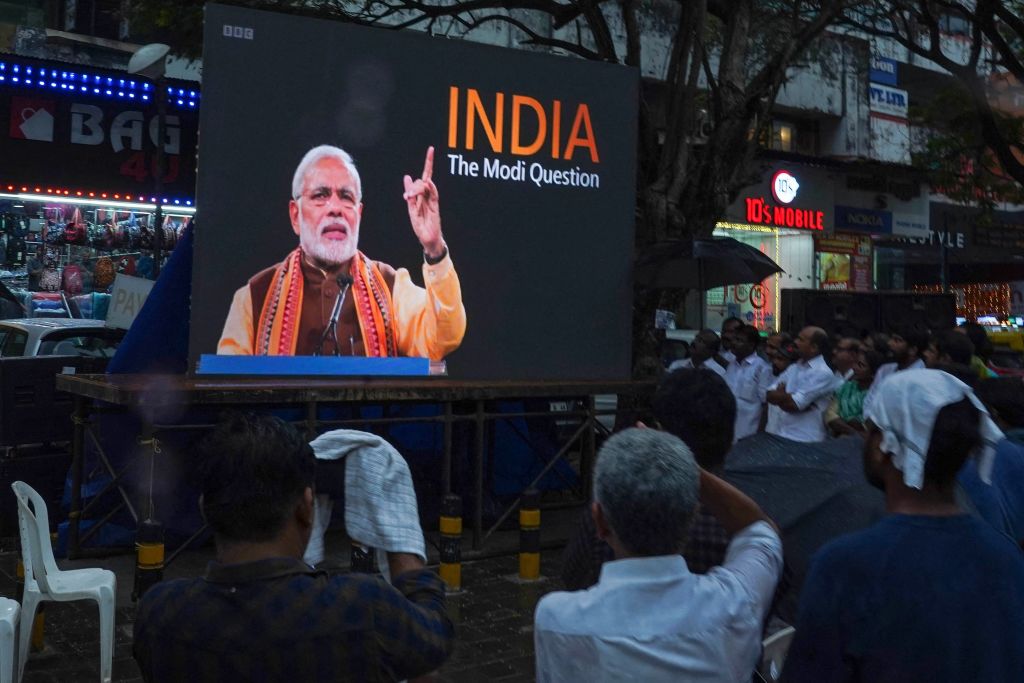
“Both nations, for instance, have a lot to gain from the FTA and despite the fact that the UK’s domestic political turmoil has hurt the procedure to conclude the deal and periodic issues have cropped up, its administration has pursued it consistently,” he said.
Yet, there have been reactions in the west over the Indian government’s moves against the BBC offices in New Delhi and Mumbai and that India’s human rights records have not been ideal in the Modi era. While juxtaposing those with the fact that the UK has wooed India, particularly after Brexit, one might feel that London’s India policy is facing a dilemma.
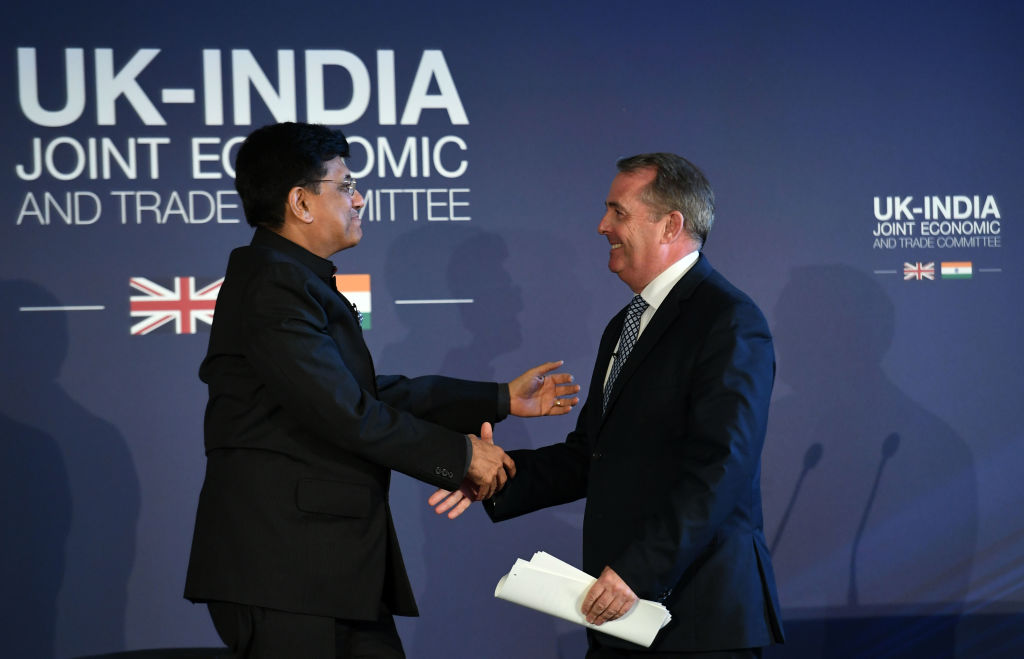
Pant said, “I do not really think that the UK has any dilemma on this. India is not a perfect democracy but is a democracy nonetheless. So if the UK could have maintained a very good relation with communist China in the past, then why not India? Some reservations might be there but the overall strategic interests are not affected.
“All British prime ministers who have served while Modi has been India’s PM have engaged with him. It all depends on the UK’s priorities. It with India at a strategic level with focus on issues such as post-Brexit future, Indo-Pacific developments and emerging economies. India’s foreign policy is focusing on having partnerships with like-minded democracies and the UK is one of them. Issues such as the BBC controversy are marginal in the larger scheme of things.”
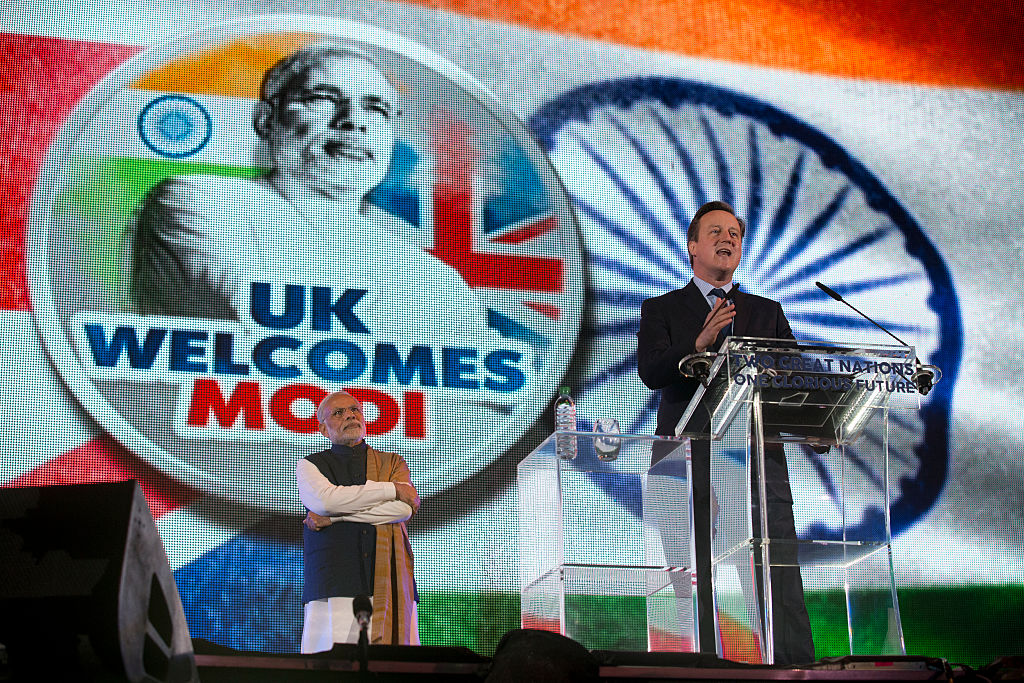
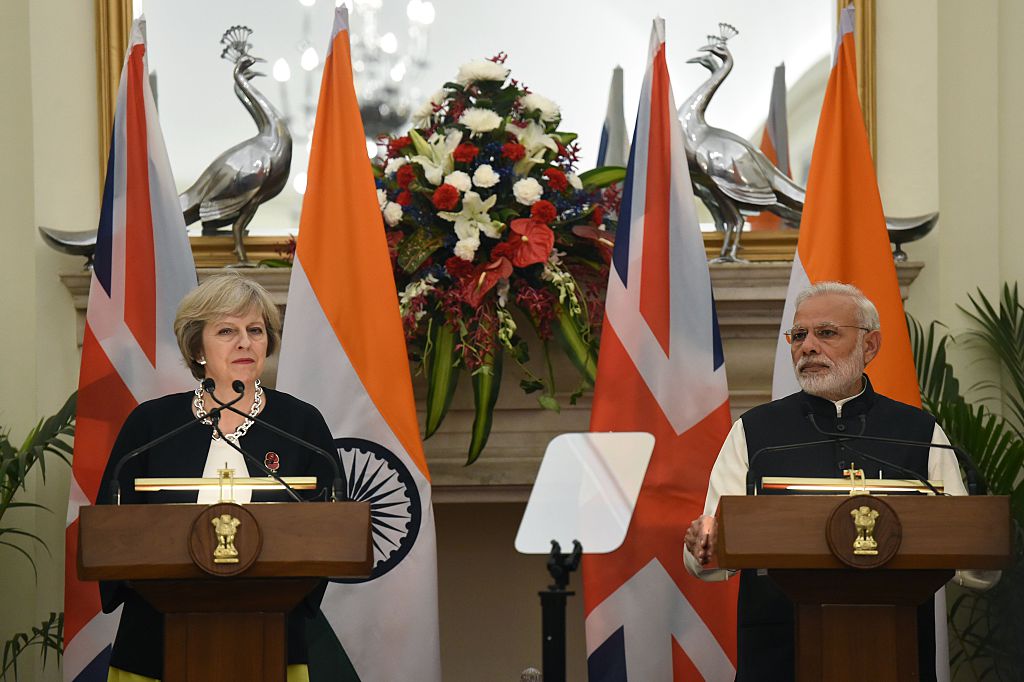
Pant said a number of western countries and entities such as the US or the European Union have also changed their India policies over the South Asian nation’s strategic and economic significance and the UK has been no exception.
The expert, however, felt that the Khalistan issue could be a bigger challenge for the India-UK ties.
When asked about the pro-Khalistan protesters attacking the Indian high commission in London and pulling down of the Tricolour on March 19 which led to a an outrage in both India and the UK and New Delhi lodging a strong protest with the British diplomatic establishment, Pant said the British authorities could have handled the issue better.
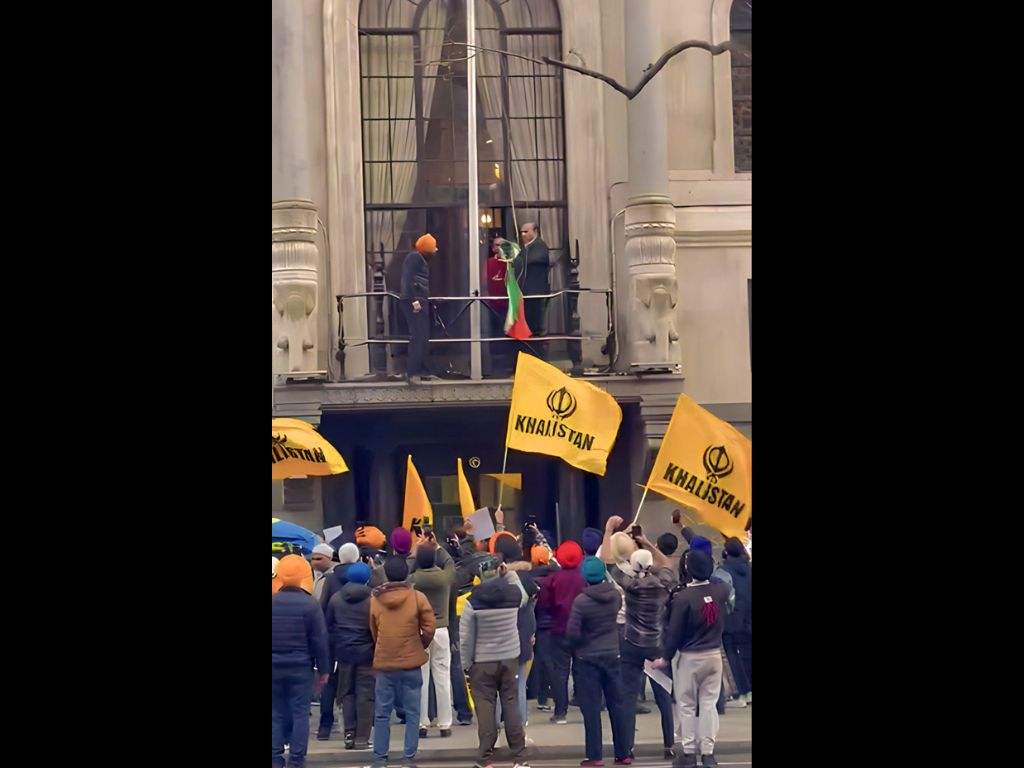
“It has been seen that these elements exist in the UK’s political culture and climate. There is a pattern in these protests now and they are just now another occurrence. The Amritpal Singh episode has given them a pretext of a revival. The pro-Khalistan movement finds little sympathy in India and it is an externally driven agenda which finds more traction in countries such as Canada and the UK. I am afraid it is not going to die out any time soon,” he said.
According to Pant, the in-process FTA underscores economic importance of both India and the UK.
“While London looks at long term gains through the agreement, India too has changed its stance on free trade deals. The Asian nation has not been an easy country to make FTAs with. It is not part of any multilateral agreements as we have seen it pulling out of partnerships such as the Regional Comprehensive Economic Partnership. But now, India is concluding FTAs with various nations such as the UAE, Canada while talks are on with many others. For the UK, the FTA is key as it involves access to a large market and looking up to the Indo-Pacific while moving away from China,” he said.
The UK’s current political leadership looks to be fighting problems on all fronts while India seems to have a more stable government under Modi. Successive Conservative prime ministers since the Brexit referendum of 2016 have maintained a good relation with Modi, as it has been discussed above, but could things change if Labour comes to power tomorrow?
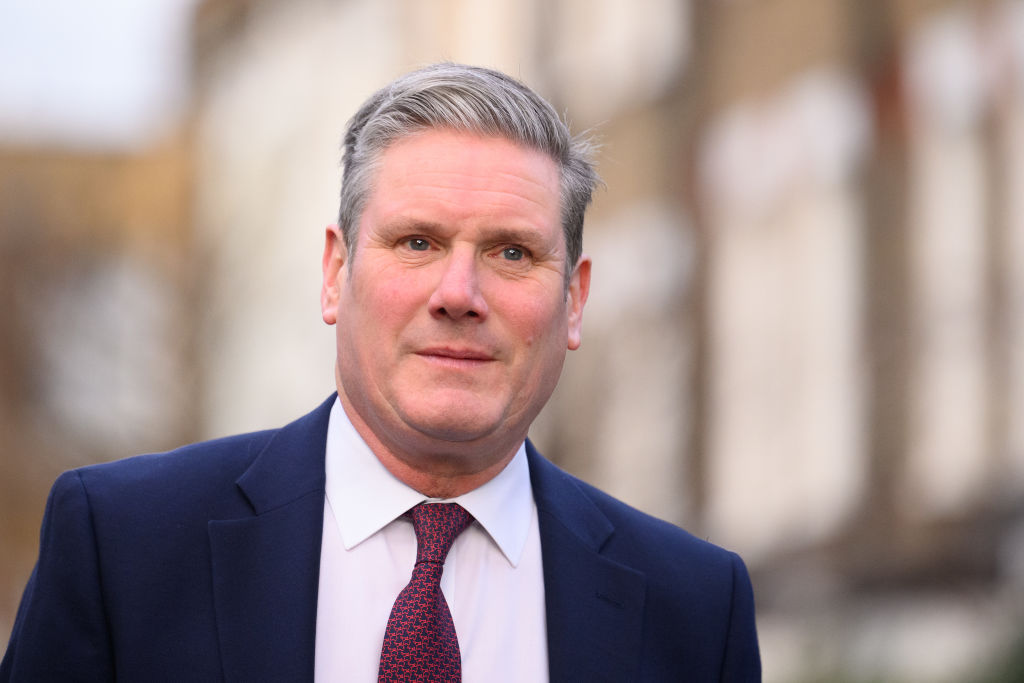
Disagreeing that there could be a drastic change in the scenario, Pant said no government in the UK can ignore India. “We have seen how Labour leader Keir Starmer has been reaching out to India. The two countries’ strategic convergence is too big to ignore. But it is true that the UK’s political instability has hit key developments such as the FTA and it would have been concluded by now had Boris Johnson continued as the prime minister,” he said.
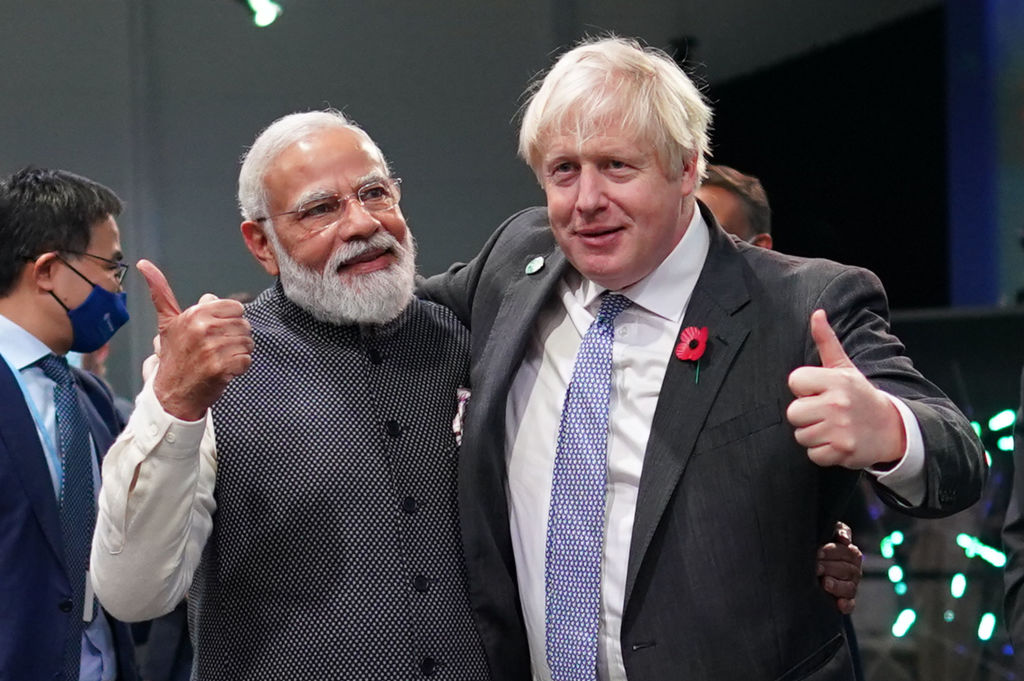
Recent developments in global politics indicate towards the development of a new world order and India has fast emerged a key player in that. “The world order has changed from what it was in the post-Cold War era when China played a central role. The West is now taking remedial steps under the new reality and India is gaining from it,” Pant told India Weekly.
He added that the country’s political stability and economic growth play a key role in the developing world and it has emerged as an alternative to the China fixation. Pant also said that globalisation in current times is also witnessing a shift to more trust-based partnerships and India is a beneficiary of this change.
“It is to be seen how India can make use of these advantages in today’s reality to boost its position in the new world order,” he said.